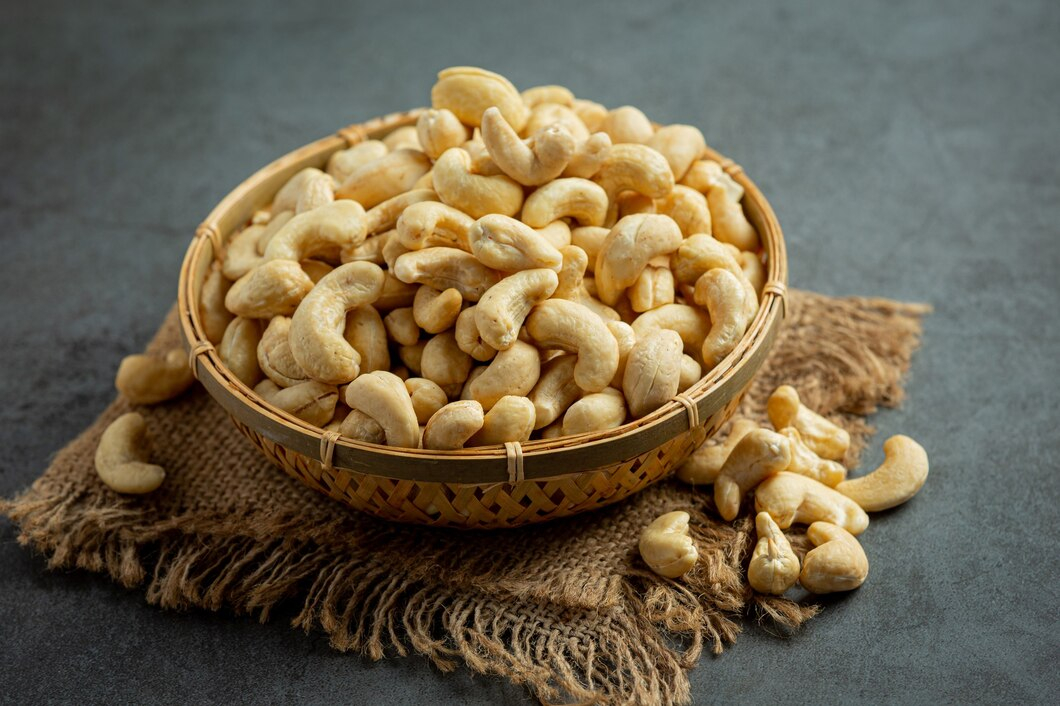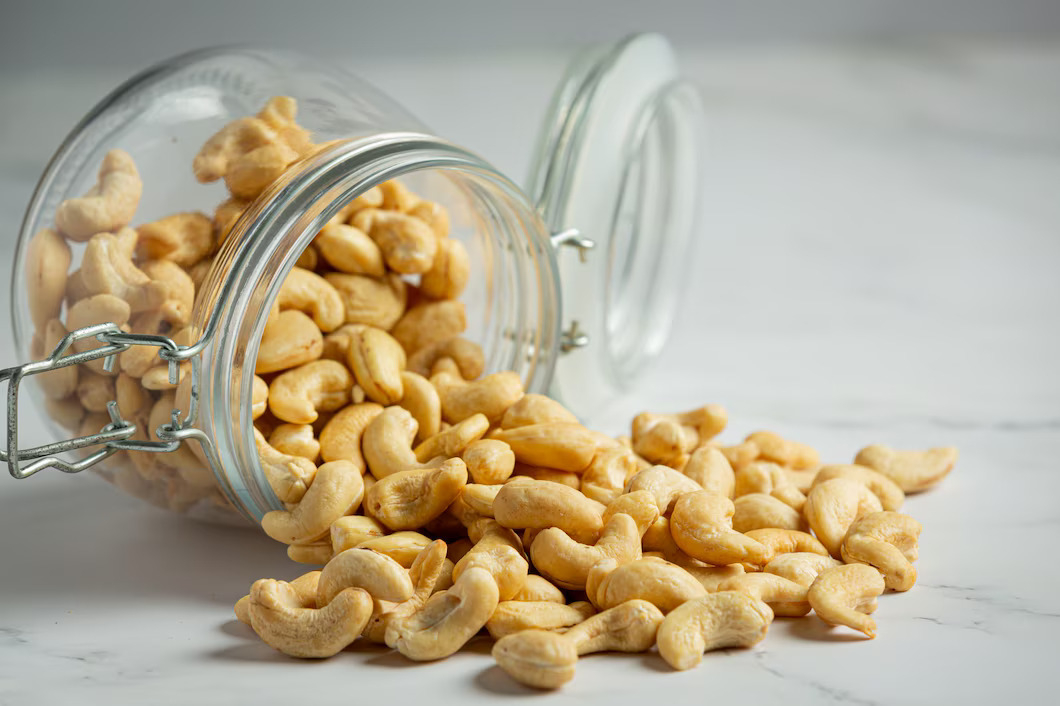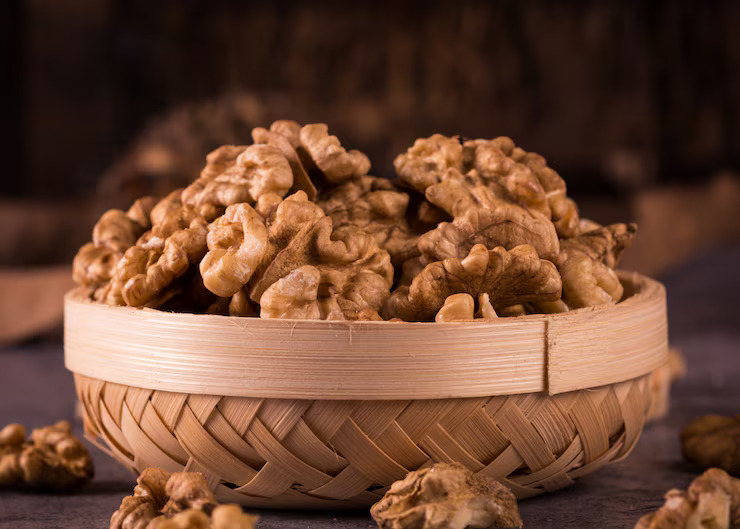If you were to ask your grandmother what the best snack at mid-morning hunger pangs is, she will probably gesture toward a handful of kaju (cashews). And for good reason! This small nut has been around Indian homes, festive sweets, and even temple prasad for centuries. But at some point, we were told to fear it — “Oh, it’s fattening,” “Too much cholesterol,” or “It’s going to spike my weight.”
Let’s get things clear: The advantages of having kaju are not limited to its creaminess and rich taste. If you’ve been steering clear of it, with this it’s time to bring it back, guilt-free, into your daily diet.
1. Eat These Good Fats to Stay Lean & Energized
Kaju are naturally rich in healthy fats. Not the kind that comes churned into packaged biscuits and chips, but the kind that your body knows how to digest and can utilize efficiently. The fats in cashews aid in keeping your skin radiant, your joints supple and your brain astute.
2. A Natural Immunity Booster
There’s a reason our mothers and grandmothers added kaju to winter sweets like kaju katli and dry fruit laddoos. Cashews are a powerhouse of zinc, an essential mineral that keeps infections at bay. Instead of relying on expensive supplements, why not go back to what our ancestors did? Snack on some kaju, and let nature take care of your immunity.
3. Strong Bones, The Traditional Way
Forget calcium tablets—cashews contain magnesium, which plays a crucial role in keeping your bones strong. Have you noticed how older generations, who ate whole foods like nuts, homemade ghee, and fresh vegetables, had fewer issues with osteoporosis? That’s because their diet was rich in natural minerals, unlike today’s ultra-processed meals.
4. Balances Blood Sugar without Crash Diets
If you’ve been skipping kaju because of concerns about diabetes or weight gain, here’s some good news. The fiber and protein in cashews help slow down sugar absorption, keeping your energy levels stable. So instead of reaching for a sugar-laden ‘diabetic biscuit,’ opt for a handful of cashews and pair it with a fresh fruit like banana or chikoo for a wholesome snack.
5. A Heart-Healthy Choice
Kaju is rich in heart-friendly monounsaturated fats that help maintain good cholesterol levels. The problem isn’t cashews—it’s the lifestyle that pairs them with excess sugar, refined oils, and sedentary habits. Enjoy your kaju the way it’s meant to be: soaked overnight or lightly roasted, not drowned in sugar syrups or fried in cheap oils.
6. Satiates Hunger Naturally
Ever noticed how eating cashews leaves you feeling full and satisfied? That’s because they’re rich in protein and fiber, which naturally curb cravings. A few kajus with your evening chai (without sugar, of course!) will keep you away from those ultra-processed ‘diet snacks’ that do more harm than good.
How to Eat Kaju the Right Way
- Soak overnight: Makes it easy to digest and absorb all its nutrients
- Local foods: Consumed along with fresh fruits, jaggery or homemade laddoos
- Portion: Five to seven Kajus a day is good; don’t binge.
- *Myths: *One should learn to enjoy cashews in their real forms and not the processed form served with lots of additives.
The nutritional benefits of cashew consumption are interwoven with cultural ones too. This is because cashews have been associated with our festivals, houses, and traditions for many years now. Thus one should not dread them but embrace them like our grandmothers, simply, mindfully, and joyfully.
So the next time someone tells you cashew nuts are “fattening,” you just smile, put one in your mouth, and know that you are feeding your body in the most natural way.

















